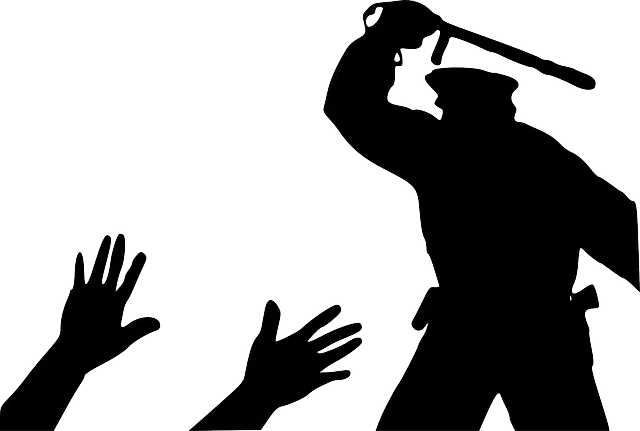
Repression usually aims to prevent or stop certain behaviors.
From the Latin repressĭo , repression is the action and effect of repressing (containing, stopping, restraining or punishing). The term is usually used to mention actions carried out from power to inhibit certain political or social actions.
For example: "Violent police repression in an unemployed protest" , "Military repression has caused thousands of deaths in this country" , "In the face of social unrest, repression is necessary" .
Repression can be legal (when framed within the constitution ) or illegal (state or parastatal forces act without respect for the law and commit crimes in their actions). Repression generally involves a certain amount of violence .
Purpose of repression
The objective of repression is to prevent a group of people from curtailing the rights of other subjects or engaging in illegal practices. When repression exceeds legal limits, the repressors themselves are the ones who end up in illegality and annul legitimate rights such as freedom of expression or demonstration.
There is an exemplary force in the use of repression. The authorities not only aim to prevent those they repress from violating the law, but also to ensure that the rest of society represses itself and does not imitate the repressed behaviors.
The case of Spain
Spain is one of the countries that has been subjected to repression for the longest time. Specifically, the Franco regime, as a consequence of the triumph of the national side in the Civil War (1936 – 1939) and the establishment of a dictatorial regime, which revolved around the figure of Francisco Franco and which lasted well into the 1970s. 70.
White Terror was what that period of submission to the dictatorship of that general was also called. There was forceful repression at different levels: educational, administrative, economic, linguistic, cultural, labor...
The consequences of all this action were censorship, the banning of political parties and unions, financial fines, seizures of financial accounts, the establishment of Catholicism as the official religion and the death of a multitude of people who, due to their political ideals, were imprisoned and shot.

The concept of repression can refer to a psychic mechanism that is based on blocking desires and thoughts.
Repression as a psychic mechanism
On the other hand, there is what is known as sexual repression and, as a general rule, it is what an individual imposes on himself. Thus, when you have certain impulses of this nature, you feel shame about it and also guilt. All of this is clearly influenced by morality, the education one has received and, above all, by the imposition of values imposed by one's religion.
There are many researchers who have analyzed this type of repression throughout history and among them Michel Foucault and Sigmund Freud stand out. The latter was the first to dedicate a lot of time in his research to the former and presented it as a clear problem that society at the time had.
For psychoanalysis , repression is a psychic mechanism used by humans to block certain thoughts, memories or desires and keep them in the unconscious. These rejected contents are not eliminated, but rather retain their psychic effectiveness and become symptomatic. The repressed can return to the sphere of consciousness through dreams, failed actions, or even neurotic symptoms.
